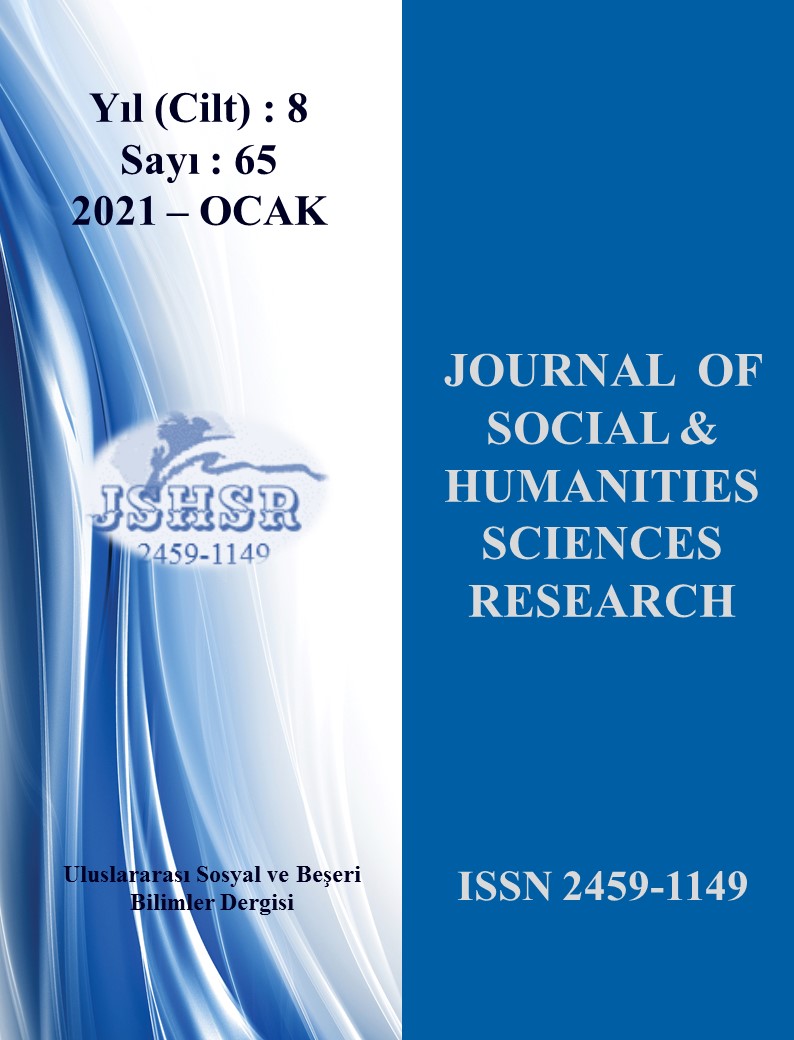TRANSFORMATION FROM STATIC LOGO DESIGN TO DYNAMIC LOGO DESIGN
DOI:
https://doi.org/10.26450/jshsr.2285Keywords:
Graphic Design, Street Art, Graffiti, MuralAbstract
Graffiti spread through the writers who label the walls in order to become recognizable, and over time, it has reached a level that will affect the appearance of the street in an artistic way. Graffiti, known as the capital of New York, spread rapidly all over the world in the '90s jointly with breakdanceand rap music. In those years, artists who were educated in art and design schools turned to the street, provided transform of wall art into street art. Street art has become compatible with graphic design, especially with the unique typographies, illustrations, colors, geometric forms and ideas of each artist used in signatures. The design and aesthetic structure of street art have strengthened with the presence of artists who make designs such as posters, billboards and packaging, also turned to wall art.
In terms of history, when the cave paintings, which are the first communication tools, and the church wall and ceiling frescoes are not taken into consideration, the street art, which is recently featured, has come a long way in a short time in terms of its speed and visual development. The transformation from graffiti artists, who are described as vandal with political messages, to street art painting huge buildings with advertisements by negotiating high prices with big brands is remarkably effective and fast. The transformation of a building that can be coated into an advertisement with special paints with the artist herself or her team has increased the original quality of the advertisement and the building and strengthened the effect of the advertisement. For this reason, a wall that can turn into one huge campaign is quite important for an advertiser or designer.
Downloads
Published
How to Cite
Issue
Section
License
Copyright (c) 2021 INTERNATIONAL JOURNAL OF SOCIAL HUMANITIES SCIENCES RESEARCH

This work is licensed under a Creative Commons Attribution 4.0 International License.


